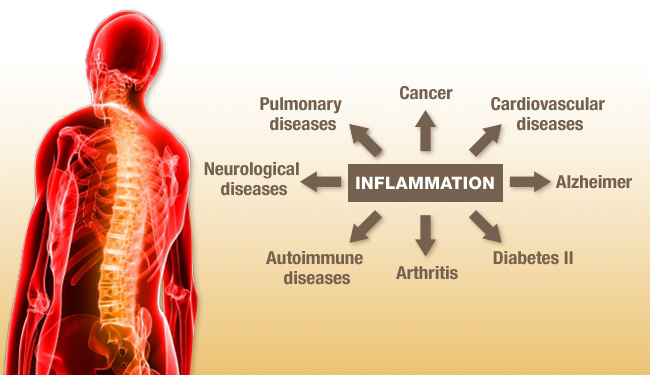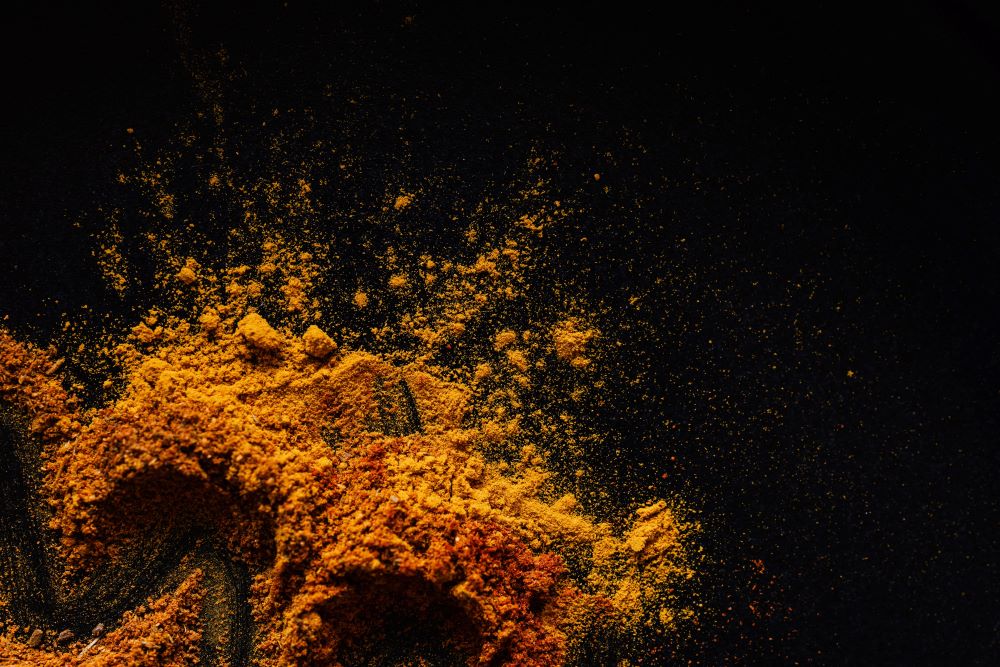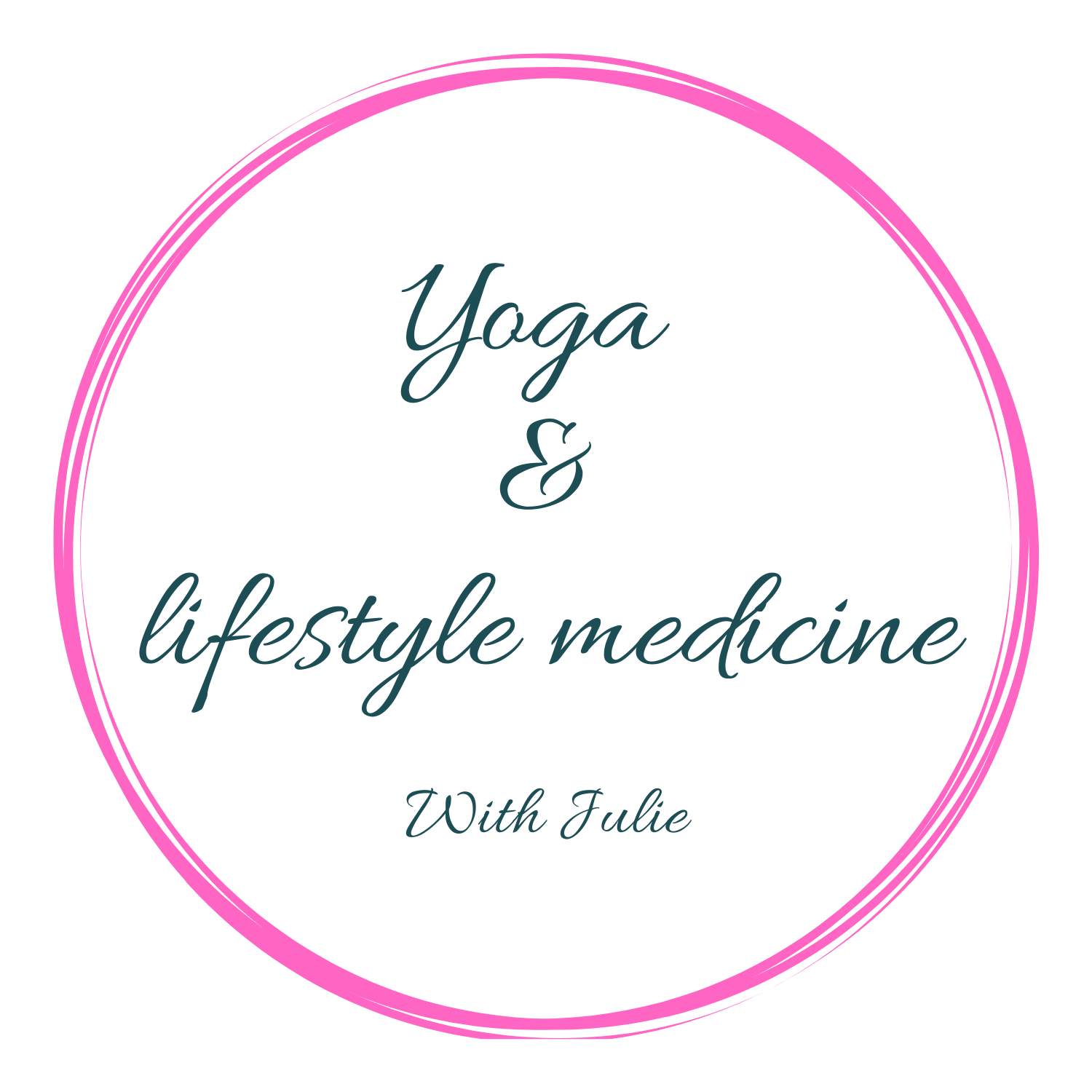How are you today? How to reduce inflammation in your body and why?
A topic that is really really important for all of us is inflammation.


Inflammation is a natural and beneficial immune response that occurs in the body when it is exposed to injury, stress, toxins, or pathogens. Essentially, the body initiates a healing process in order to restore its original state or balance, which involves the release of antibodies and proteins to combat infectious diseases, stress factors, and invaders. These antibodies and proteins are meant to be eliminated from the body. Inflammation plays a crucial role in the healing of infections and wounds, despite the discomfort it may cause, including warmth, redness, swelling, and pain in the affected area. However, if inflammation persists, remains unchecked, or becomes chronic, and the chemicals involved fail to be expelled or instead attack the body’s own tissues, it can lead to other disorders.
Studies show that inflammation serves as an underlying cause for various diseases, ranging from cancer to the common cold.
How do we test for chronic inflammation?
In contemporary medicine, a blood test is utilized to evaluate the levels of C-reactive protein, a substance generated by the liver that increases disproportionately in reaction to inflammation. Particularly, intense responses to viruses are linked to an overactive immune response known as a cytokine storm. Certain infections, genetic abnormalities, or autoimmune disorders, where the body mistakenly perceives its own tissues as threats, can prompt cytokines to surge through the bloodstream and attack healthy tissues.
What are the Causes of Inflammation


Inflammation can occur when individuals experience stress, follow an unhealthy diet and lifestyle, and fail to obtain sufficient sleep and exercise. Factors such as consuming food at irregular times, indulging in junk food and processed food, drinking sodas and fruit juices, excessive alcohol consumption, consuming fried food, refined sugar, and flour, consuming an excessive amount of caffeine, consuming too many pungent spices, consuming nightshade plants, consuming food additives, preservatives, and dyes, smoking, using recreational drugs, being exposed to environmental toxins, pollutants, and chemicals, being obese, having parasitic infections, contracting certain contagious diseases, experiencing low-grade infections, and being exposed to allergens (often associated with a lifestyle that stimulates the pitta dosha in Ayurveda) can all contribute to inflammation. Additionally, there may be a genetic predisposition that increases the risk of inflammation.
What Symptoms of Inflammation could you have?
The symptoms and presentation of inflammation vary depending on the Prakriti (body constitution) and Vikrati (imbalance) of an individual patient (referred to as Rogi). However, common symptoms of inflammation include redness, irritation, heat, limited mobility, swelling, pain, tenderness, edema, painful joints, abdominal or chest pain, muscle soreness, rashes, frequent infections, fevers, fatigue, insomnia, weight fluctuations, and mood disorders. Inflammation can manifest in various organs or organ systems such as the gastrointestinal tract (causing constipation, diarrhea, reflux, and irritable bowel syndrome), skin (resulting in psoriasis, rashes, and eczema), respiratory system (leading to allergies and asthma), joints, or any combination thereof.


According to Ayurveda, inflammatory conditions are classified as disturbances of the pitta dosha (the principle of fire) that can be alleviated and even cured through simple adjustments to diet and lifestyle.
It is crucial to prevent inflammation from taking hold, as it has been linked to various diseases including arthritis (such as osteoarthritis and rheumatoid arthritis), asthma, sinusitis, allergies, dermatitis, diabetes, cardiac disorders, cancer, fibromyalgia, inflammatory bowel disorders (like colitis, peptic ulcers, Crohn’s disease, and IBS), periodontitis, Alzheimer’s or Parkinson’s disease, autoimmune conditions, and mood disorders like depression.
In Ayurveda, the approach is to identify the underlying source of a symptom, rather than merely treating the symptom itself.
In simple terms, every choice and action you make can either be inflammatory or anti-inflammatory.
Inflammation is a very important signal, prompting us to pay attention and react.
It is important to understand that when the metabolic fire (referred to as Pitta) becomes excessive or becomes active in the wrong places, it can lead to chronic inflammation and the development of various disorders. In Ayurveda, the metaphor of Pitta and the digestive fire is significant as it plays a crucial role in maintaining good health.
The metabolic fire, in the form of metabolism, is responsible for digesting our food, generating vital energy, and eliminating waste. However, when the metabolic fire becomes excessive or misplaced, chronic inflammation arises along with a range of disorders.
To address this, I suggest redirecting your metabolic fire by identifying and managing your stressors. Factors such as toxic relationships, work-related stress, and exposure to violent movies or TV shows can trigger the release of stress hormones, leading to inflammation. By understanding what causes stress in your life, you can make necessary changes or take preventive measures.
This requires self-reflection and becoming an observer of your own experiences. Practices like meditation, setting intentions, practicing qijong, yoga, pranayama (breathing exercises), and cultivating emotional detachment can help you better cope with challenges and avoid potential tragedies.
What’s more increase inflammation?


There are various factors that can contribute to increased heat (and therefore Pitta) in the body, resulting in inflammation. These include consuming spicy and acidic foods, experiencing stress and overwork, exposure to hot weather and direct sunlight, among others. Additionally, during menstruation, Pitta tends to increase, which may worsen your symptoms during this period.
Since inflammation is primarily an imbalance of Pitta, the main remedies aim to reduce Pitta or heat in the body. It is important to note that when referring to inflammation, I am specifically referring to the type characterized by redness, heat, and tenderness, rather than swelling caused by water retention, which is more associated with Kapha.
When it comes to Ayurvedic remedies for inflammation, here are some options:
1. Avoid foods that cause heat.
Our dietary choices play a crucial role in maintaining our overall health and well-being, and they often have a direct connection to the health issues we experience. In the case of inflammation, which stems from excessive heat in the body and blood, it becomes vital to avoid consuming overheating foods. Instead, we should focus on incorporating refreshing foods into our diet and opt for fresh cooking methods.
Foods that have inflammatory properties and can aggravate Pitta should be consumed in moderation. These foods include:
- Nightshades (tomatoes, white potatoes, peppers, eggplant)
- Spinach and chard
- Spicy foods
- Fermented foods like vinegar and kombucha
- Salty, sour and pungent foods
- Fatty and fried foods
- Peanut, sesame, safflower and almond oil
- Red meat
- Coffee (even decaffeinated)
- Caffeine, tobacco and alcohol
- Refined sugar
- Refined grains and cereals (aged basmati is fine)
- Processed foods
- Additives and preservatives
- Allergenic foods (this will be different for everyone, but common examples include soy, dairy, wheat, gluten, eggs, shellfish, and tree nuts)
2. Increases refreshing and alkaline foods in the diet.
With all the symptoms resulting from excessive heat in the system, it will be essential to start taking in more cooling food choices on a regular basis.
Here are some foods that will help you reduce heat and inflammation in the body:
- Ghee
- Coconut oil
- Coconut water
- Cilantro (click here for our cilantro juice recipe!)
- Citron vert
- Cucumber
- Refreshing spices such as coriander, fennel, fresh ginger, pippali and cardamom
- Bitter vegetables such as kale, collard greens, and gourmet dandelions
- Sweet and juicy fruits such as dates, apples, avocado, red grapes, ripe mango and coconut
- Aloe Vera juice
- Pomegranate juice
But it also depends on your personal constitution. The impact and the properties of one food or another will be modified according to the nature of your constitution and that is why it is important to know it to choose those which will be more effective for you.
3. Do regular oil massages with oil.
Abhyanga, is a type of ayurvedic oil massage. It is a routine practice for self-care and stress reduction. Use coconut oil which is anti-Pitta.
Take a small amount of oil and massage the whole body before going to bed each night.
It is important to give particular attention to the primary areas of pain and inflammation, as well as the scalp, forehead, and feet. If you have limited time, focus on these specific areas.
When applying the oil, it is recommended to leave it on for a minimum of 20 to 30 minutes before rinsing it off with water. It is advisable to avoid using soap, as it can cause dryness and irritation. Alternatively, you may choose to leave the oil on overnight for maximum benefit.
4. Drink ginger and turmeric tea every day.


Ginger, turmeric, and a pinch of black pepper offer significant benefits in the treatment of inflammation, aid in digestion, and support detoxification of the body. Here’s a simple recipe to prepare a beneficial tea:
Start by boiling 3 cups of water, then reduce the heat to a simmer. Add a 4 cm cube of freshly grated ginger and a 2.5 cm cube of freshly grated turmeric (or substitute with 1/2 teaspoon of dried turmeric). To enhance the taste, you can add a small amount of honey once the tea has cooled to a drinkable temperature (remember not to heat honey above 108 degrees). It is recommended to consume 1-3 cups of this tea blend daily between meals.
Alternatively, you can opt for a different method by mixing 1/4 teaspoon of dried ginger and 1/4 teaspoon of dried turmeric with 1 tablespoon of aloe vera juice. Take this mixture at noon and again before bedtime on a daily basis.
6. Reduce overall stress in your daily life.


Stress is a prevalent factor that often triggers and contributes to inflammation. Hence, it is crucial to prioritize self-care and allow yourself some personal space while undergoing this vital healing process.
Anti-stress practices:
- Yoga restorative
- light exercise
- Meditation
- Nature walks (or any other walk)
- Ginger Baths or Sauna (See #7)
- Self-oil massage (see #3)
- Reduce your workload and prioritize your obligations
- Keeping a clean and organized home and workspace
- Make room for fun, family time every week
- Make room to relax every day (even a few minutes)
- Avoid conflicts and unpleasant people
- Surround yourself with good company
- Eat hot, home-cooked meals
- Take several deep breaths throughout the day
5. Take baking soda ginger baths weekly.
The use of a ginger baking soda bath offers not only stress reduction but also significant benefits for alleviating pain and inflammation in the body. To prepare the bath, add 1/3 cup of powdered ginger and 1/3 cup of baking soda to warm bath water, ensuring thorough stirring until complete dissolution. If desired, you can enhance the experience by incorporating cooling essential oils like rose, lavender, or lemongrass. It is recommended to take a baking soda ginger bath at least 1-2 times per week, or as needed, to experience its soothing effects.
6. There are other specific remedies for joint inflammation with powerful anti-inflammatory properties
Ginger possesses natural anti-inflammatory properties and serves as a catalyst when combined with other substances.
An Ayurvedic remedy specifically recommended for joint inflammation is castor oil, which contains potent anti-inflammatory properties and demonstrates a special affinity for the joints. However, it is important to note that the dosage of castor oil should be determined and guided by a therapist or doctor, as it varies depending on individual factors such as constitution, weight, and age.
This remedy also aids in the removal of toxins from the joints, a well-known contributor to inflammation and irritation.
When it comes to herbal remedies for Pitta disorders and inflammation, bitter herbs are generally regarded as the most potent and effective options.
9. Use bitter herbs
Gentian, menyanthe and centaury, radicchio, dandelion, endive, arugula or chicory, artichoke, celery, citrus peel, cocoa, cabbage and all crucifers.
It is recommended to use organic ingredients as much as possible, especially when it comes to citrus peel or zest.
Or even turmeric, gugglu, ashwagandha, cinnamon and holy basil are also very good.
I hope you will apply these tips to respect your body and yourself. We don’t have a spare body, taking care of him should be your first priority.
Regarding everything I told you, I will add that to be more effective you must know your constitution in order to choose the herbs that suit you to act effectively.
I remind you that you can take a free Diagnosis call with me to talk about your situation and the health goals you want to achieve.
And if you are really conscious about the importance of your health and your own healing power, learn ayurveda. This program is open to everyone and practical to be able to practice at home or professional goals. Each one learns from each other and more when we have different professional universe. Click here.
References
Inflammation and Cancer: Triggers, Mechanisms and Consequences
Oxidative Stress and Inflammation: From Mechanisms to Therapeutic Approaches
Inflammation and Oxidative Stress in Multiple Sclerosis
Exploring the Links between Diet and Inflammation: Dairy Foods as Case Studies
